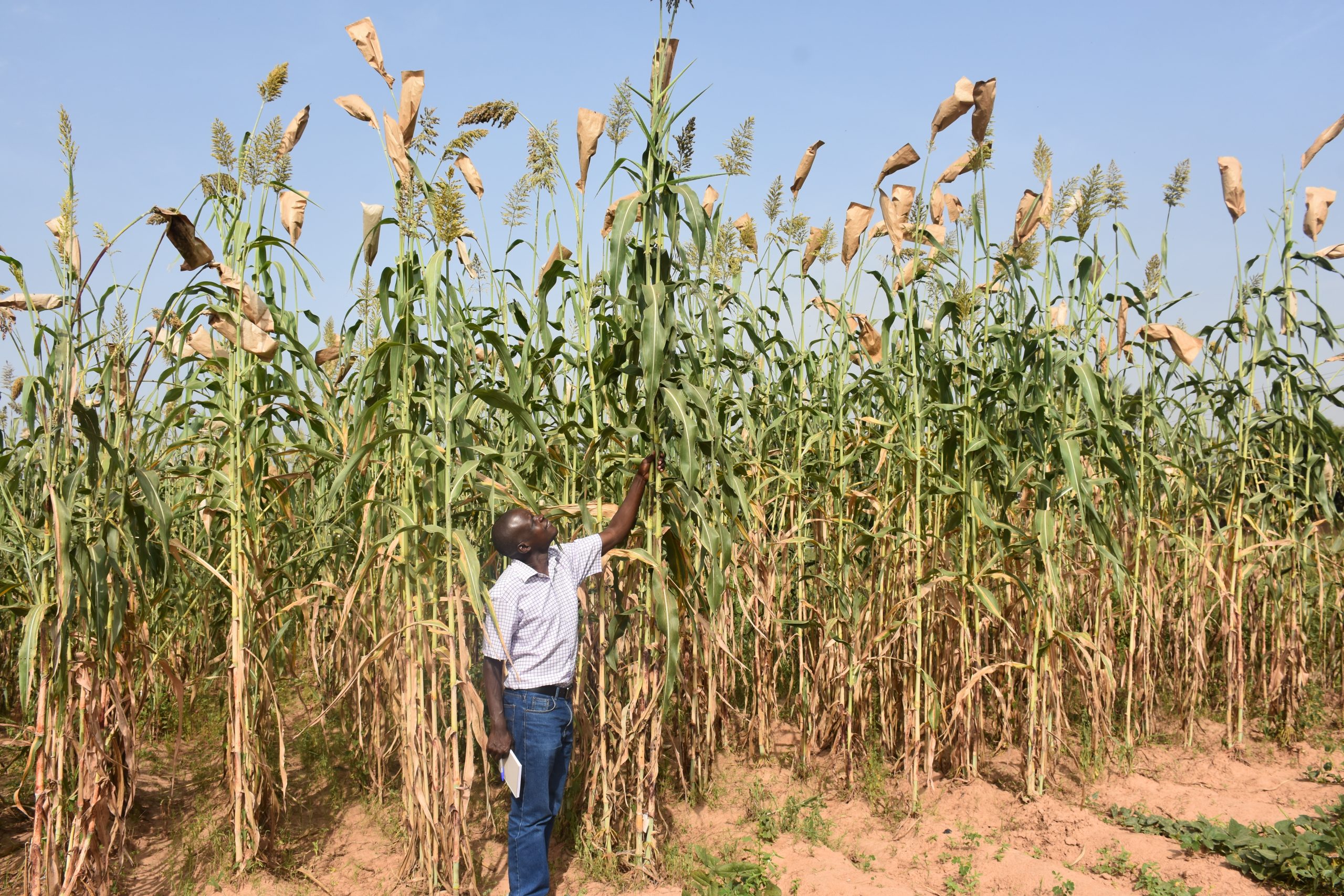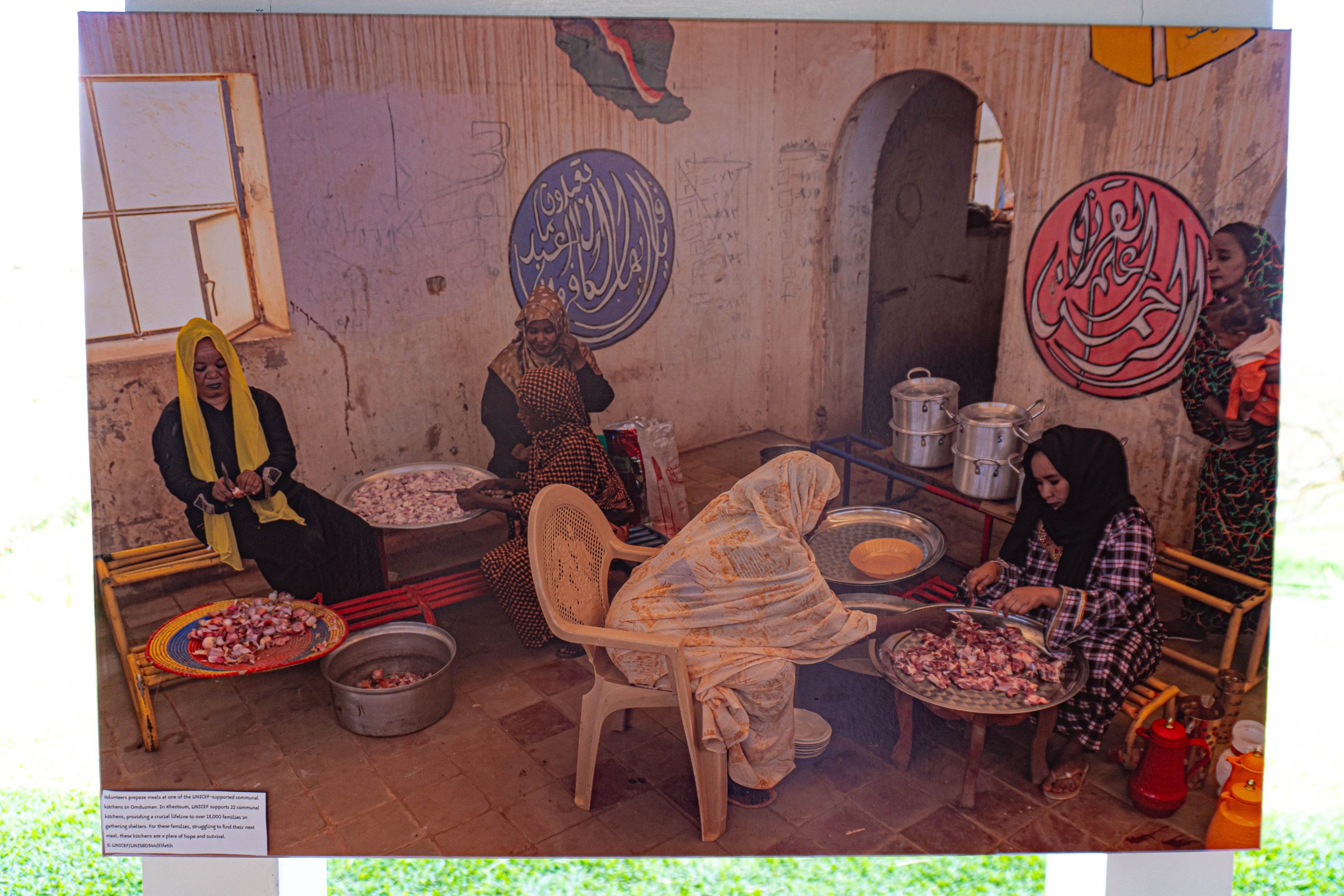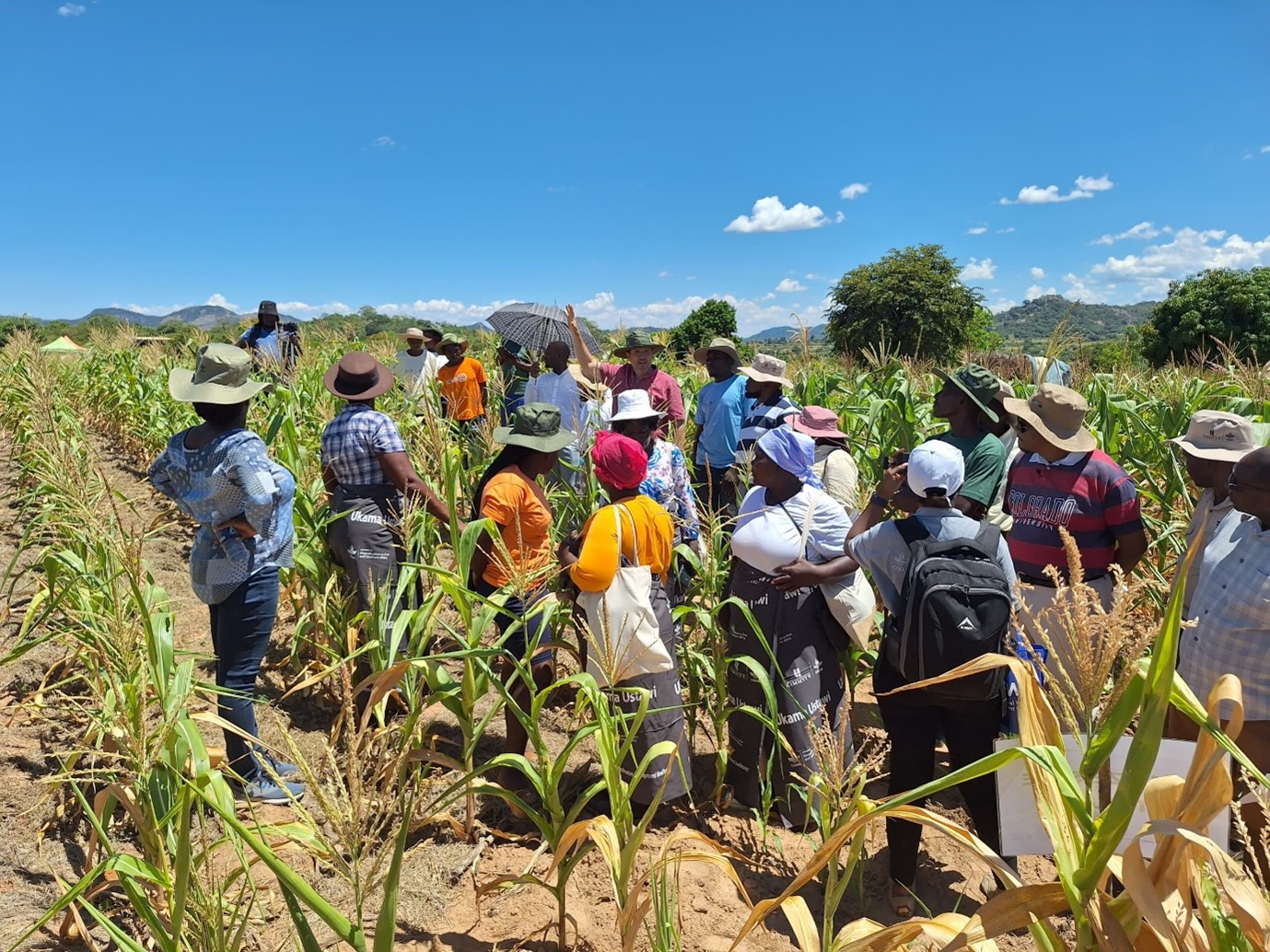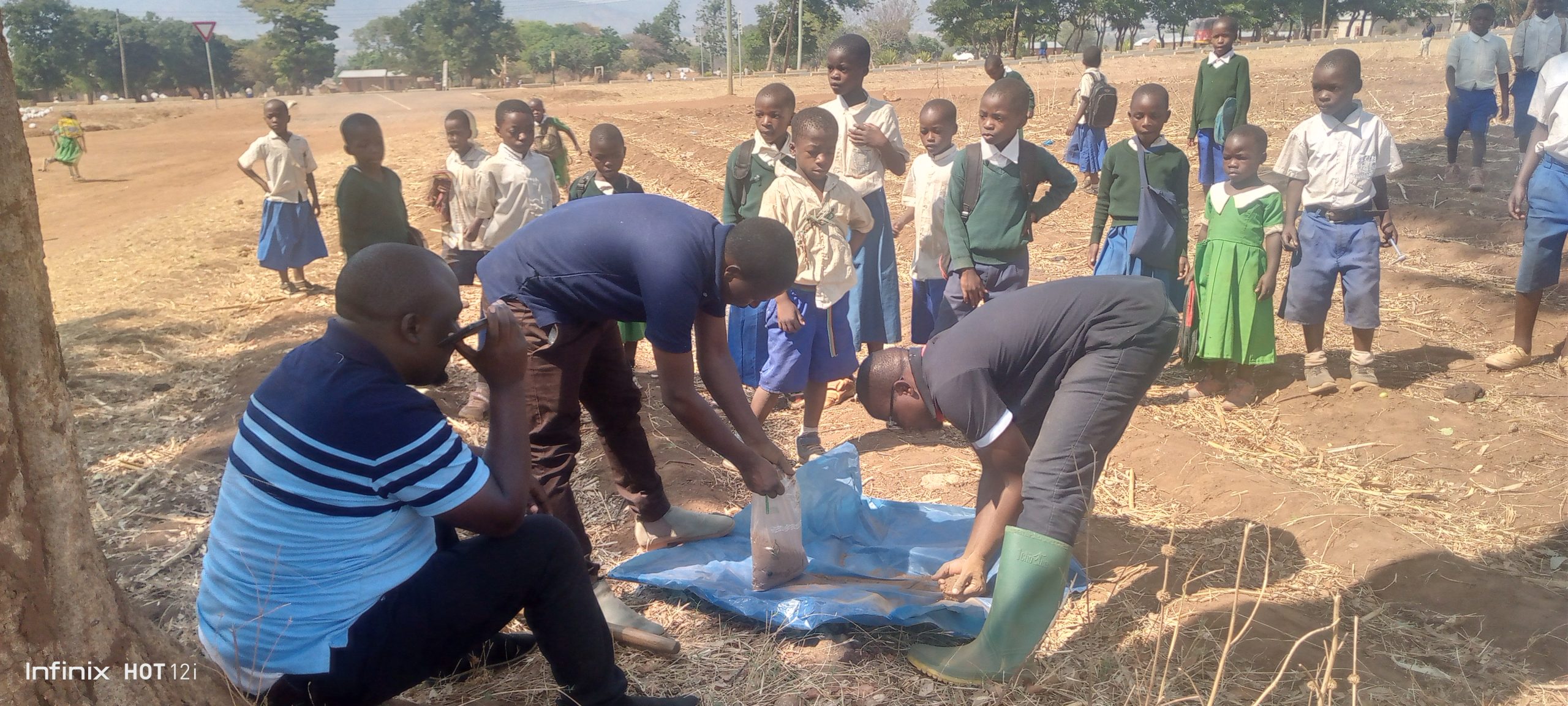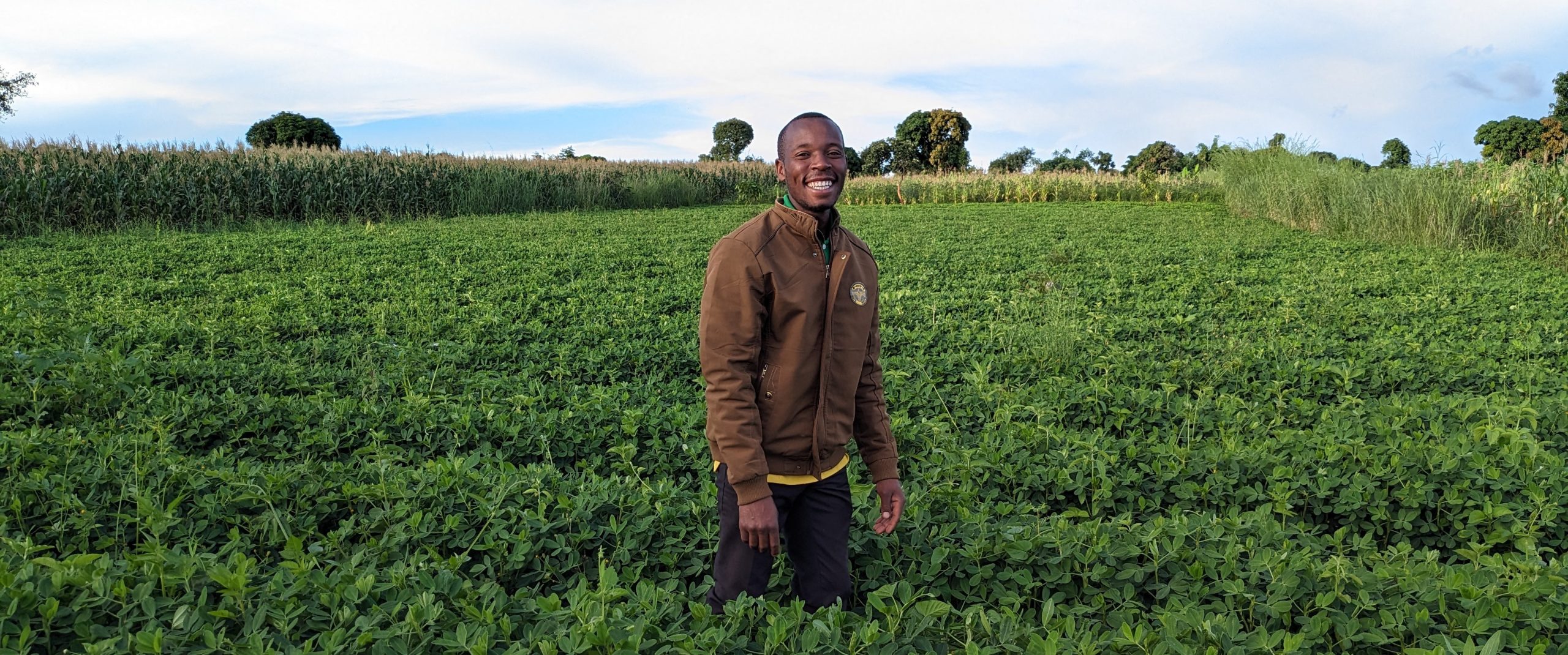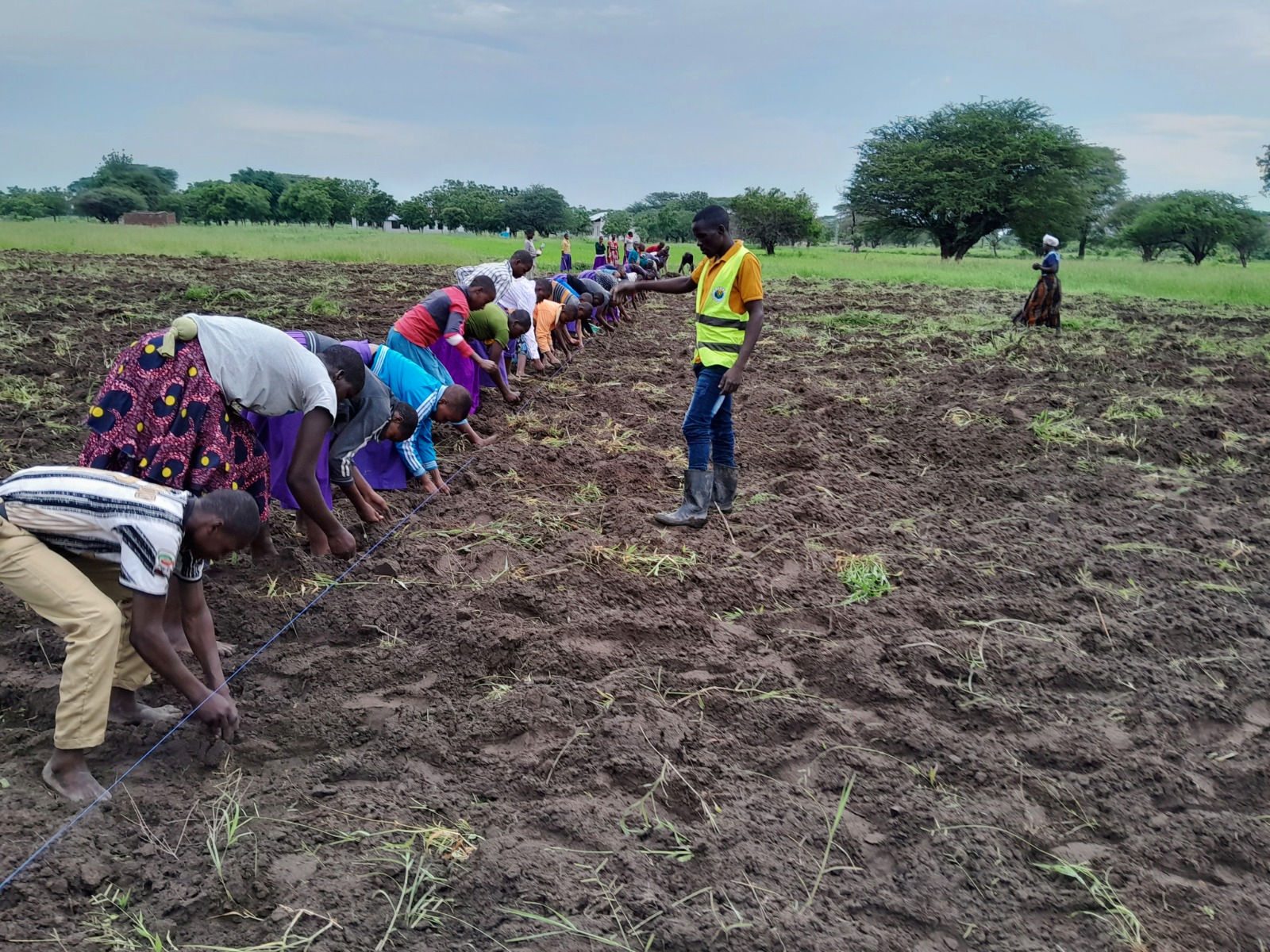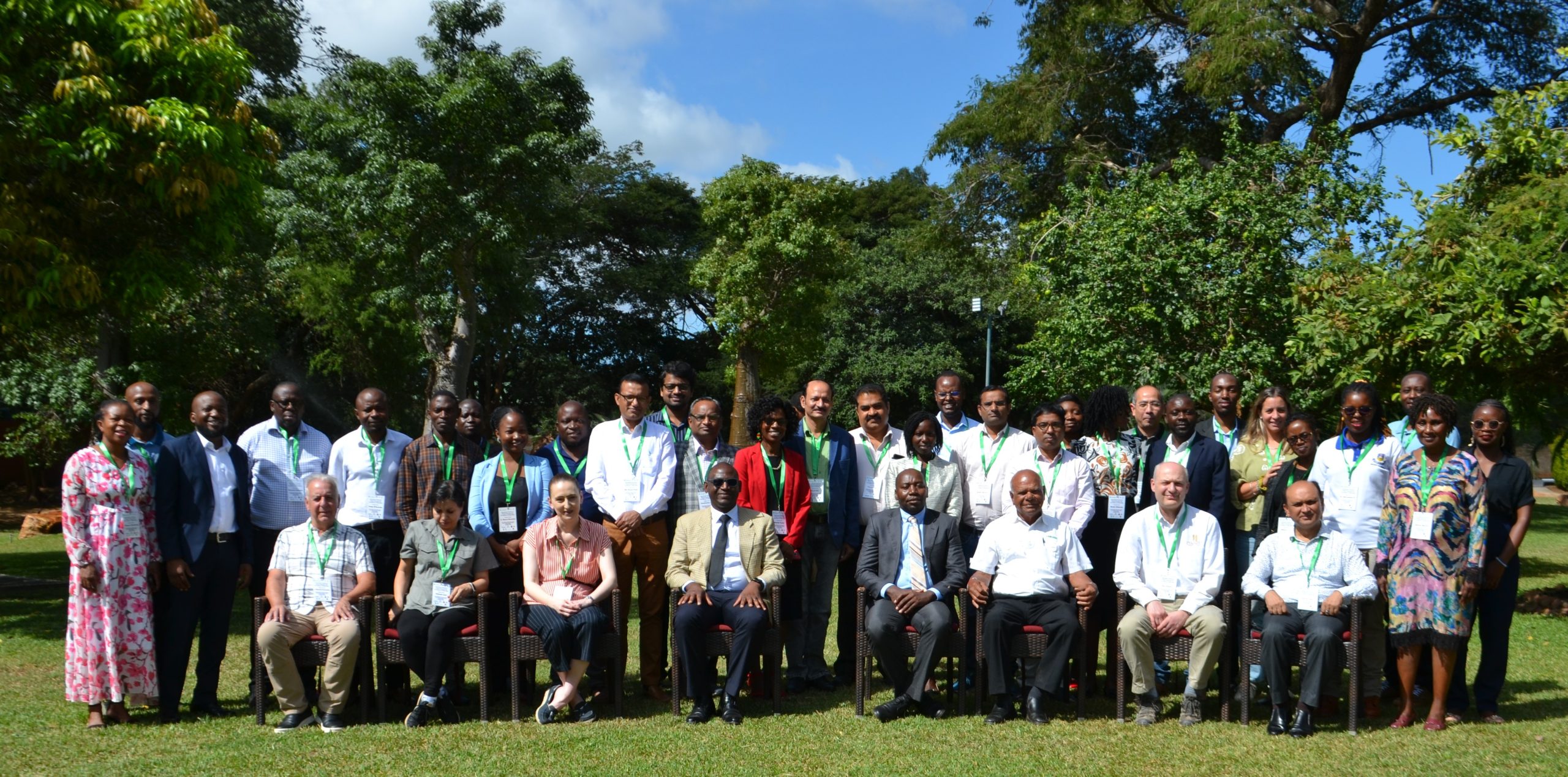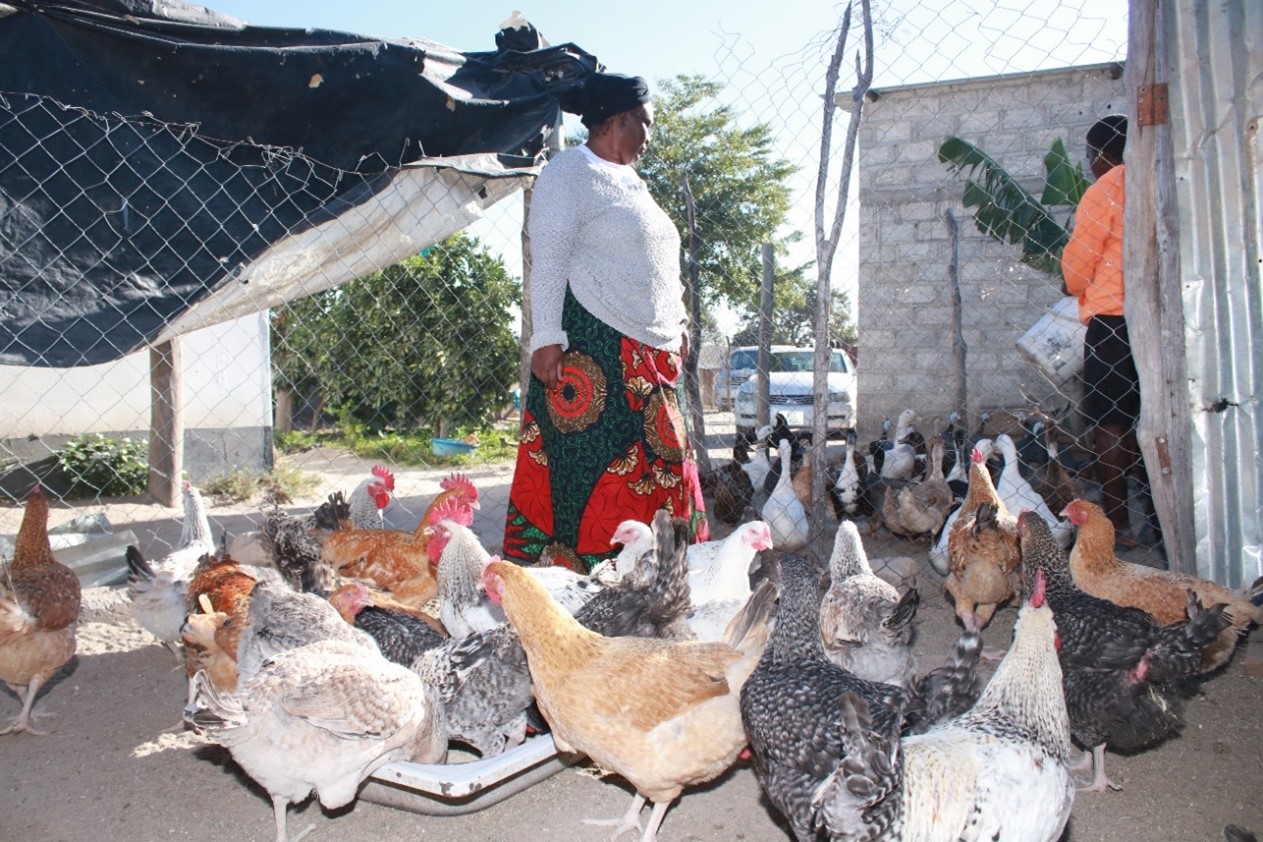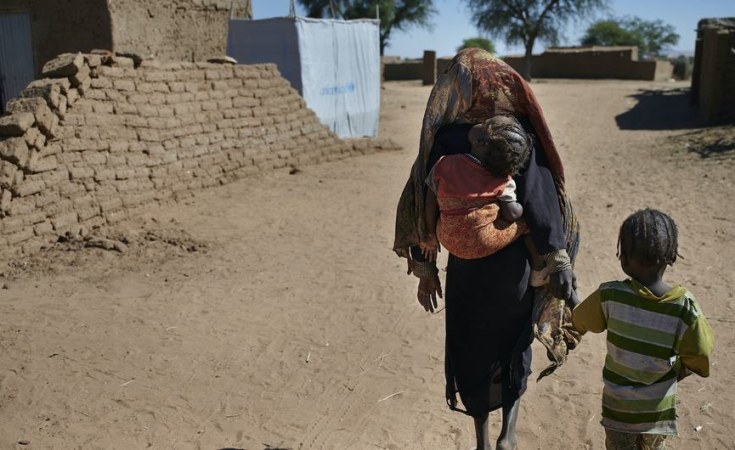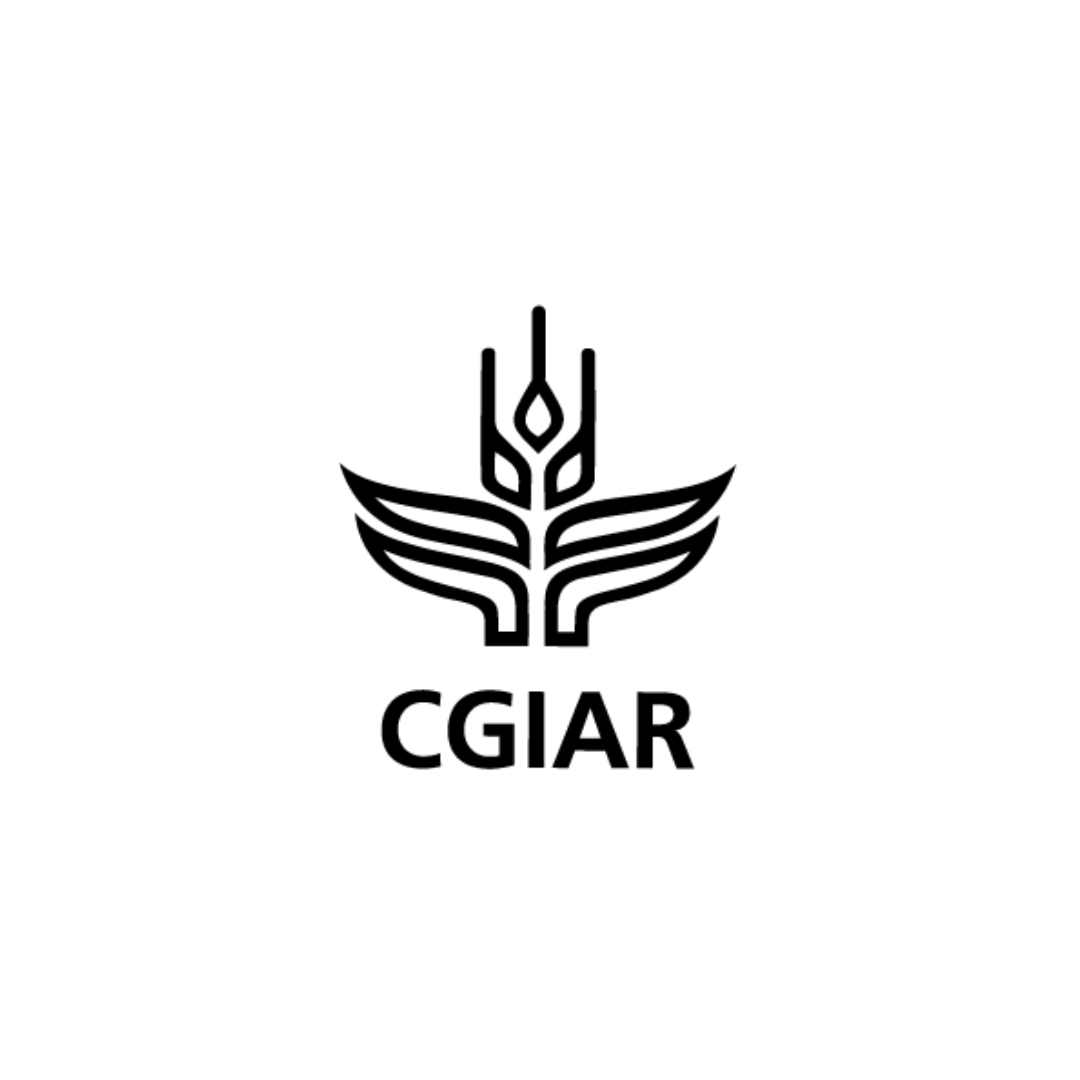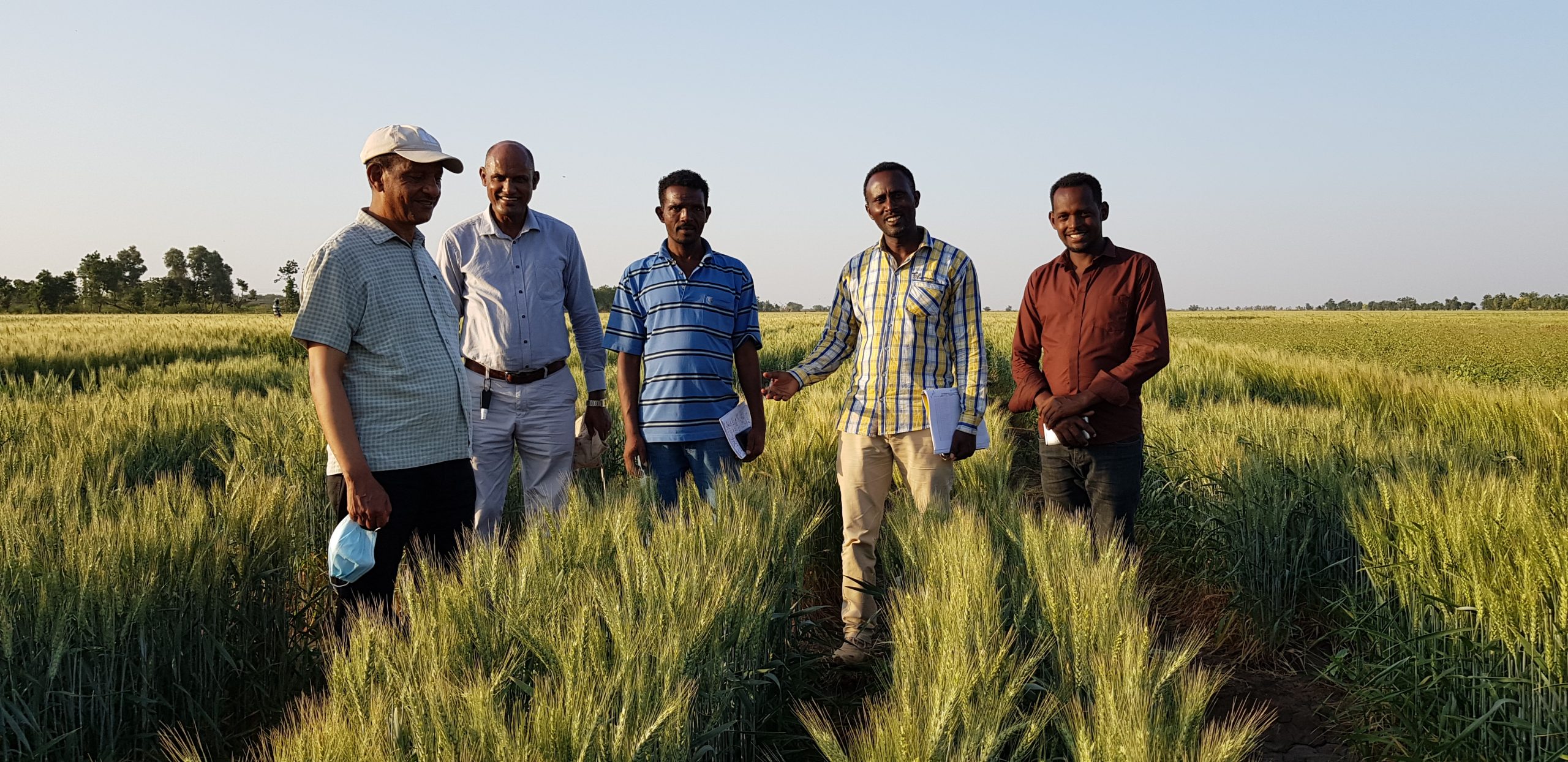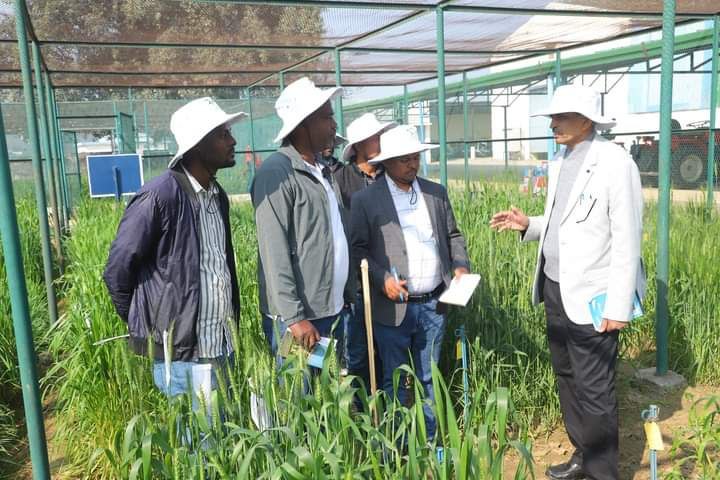Africa
CIMMYT’s work in Africa helps farmers access new maize and wheat systems-based technologies, information and markets, raising incomes and enhancing crop resilience to drought and climate change. CIMMYT sets priorities in consultation with ministries of agriculture, seed companies, farming communities and other stakeholders in the maize and wheat value chains. Our activities in Africa are wide ranging and include: breeding maize for drought tolerance and low-fertility soils, and for resistance to insect pests, foliar diseases and parasitic weeds; sustainably intensifying production in maize- and wheat-based systems; and investigating opportunities to reduce micronutrient and protein malnutrition among women and young children.
G7 summit highlights importance of sustainable food systems
 Climate adaptation and mitigation
Climate adaptation and mitigation
CIMMYT contributes to the G7 goals on agricultural productivity, food security, and climate change through the Vision for Adapted Crops and Soils initiative.
Harvesting diversity and feeding hope: unlocking the potential of potatoes
 Capacity development
Capacity development
Working with partners, CIMMYT’s Sustainable Agrifood Systems Approach for Sudan (SASAS) program empowers farmers and herders in Sudan to move towards self-sufficiency. Helping Sudanese farmers integrate potato and sweet potato into their agricultural production systems to enhance food security and crop diversity is one of the program highlights.
How livestock vaccination campaigns support breeders in conflict-ridden Sudan
 Capacity development
Capacity development
Working with partners, CIMMYT’s Sustainable Agrifood Systems Approach for Sudan (SASAS) program empowers farmers and herders to reduce the need for humanitarian assistance even in conflict-affected Sudan. SASAS and partners work to ensure animal health and improve the livestock value chain.
CIMMYT calls for direct agricultural investment to address Sudan’s food crisis
 Climate adaptation and mitigation
Climate adaptation and mitigation
CIMMYT proposes actions to respond to the deteriorating food crisis catalyzed by the ongoing civil war in Sudan.
Transforming agriculture together: insights from the Ukama Ustawi Share Fair
 Capacity development
Capacity development
The UU Share Fair showcased an array of innovative technologies poised to transform agricultural practices in the region.
Promoting fertilizer awareness in Tanzania
 Capacity development
Capacity development
Reaching out to farmers in the Songwe region of Tanzania.
Specialist centers empower women and youth farmers
 Capacity development
Capacity development
Targeted support for underrepresented groups of farmers is increasing crop variety, agronomic skills, household income, and food production in Tanzania’s Songwe region.
Wheat cultivation in Africa at risk of fungal disease
 Innovations
Innovations
Source: The Herald ()
A study warns that the wheat blast fungus could threaten 75% of Africa’s wheat, with CIMMYT aiding in mitigation efforts.
Quality seeds reduce hunger in Tanzanian schools
 Gender equality, youth and social inclusion
Gender equality, youth and social inclusion
Sorghum seeds that deliver improved yields are increasing food security for students and communities, with school farms playing a vital role in raising awareness of innovative varieties.
Building global capacity to combat wheat blast
 Capacity development
Capacity development
In collaboration with ZARI and other partners, CIMMYT brought together wheat scientists, researchers, academics, policymakers, and extension agents to address the urgent threat of wheat blast across borders.
Rekindling and revitalizing chicken farming in Zambia
 Capacity development
Capacity development
AIDI-L, a two-year project, aims to help 15,000 small scale poultry-keeping households. The project holds promise to revitalize chicken farming in Zambia.
Sudan: Catastrophic hunger amid conflict creates a crisis of instability across northeast Africa
 Gender equality, youth and social inclusion
Gender equality, youth and social inclusion
CGIAR calls for a coordinated, global response to support the transformation of agrifood systems in Sudan.
Transforming Agriculture Together: Insights from the Ukama Ustawi Share Fair
 Climate adaptation and mitigation
Climate adaptation and mitigation
Source: CGIAR ()
CIMMYT showcased sustainable agriculture at the Ukama Ustawi Share Fair to enhance resilience and farmer livelihoods.
New heat-tolerant wheat varieties prove fruitful for Ethiopia’s irrigated lowlands
 Climate adaptation and mitigation
Climate adaptation and mitigation
The release of new lines by the ADAPT-Wheat project will expand Ethiopia’s total farming area and wheat production by opening up lowland farming opportunities.
Ethiopian researchers travel to India to strengthen knowledge regarding increasing wheat productivity
 Capacity development
Capacity development
As part of ADAPT-Wheat, four scientists exposed to the latest technologies, methods, and equipment.
